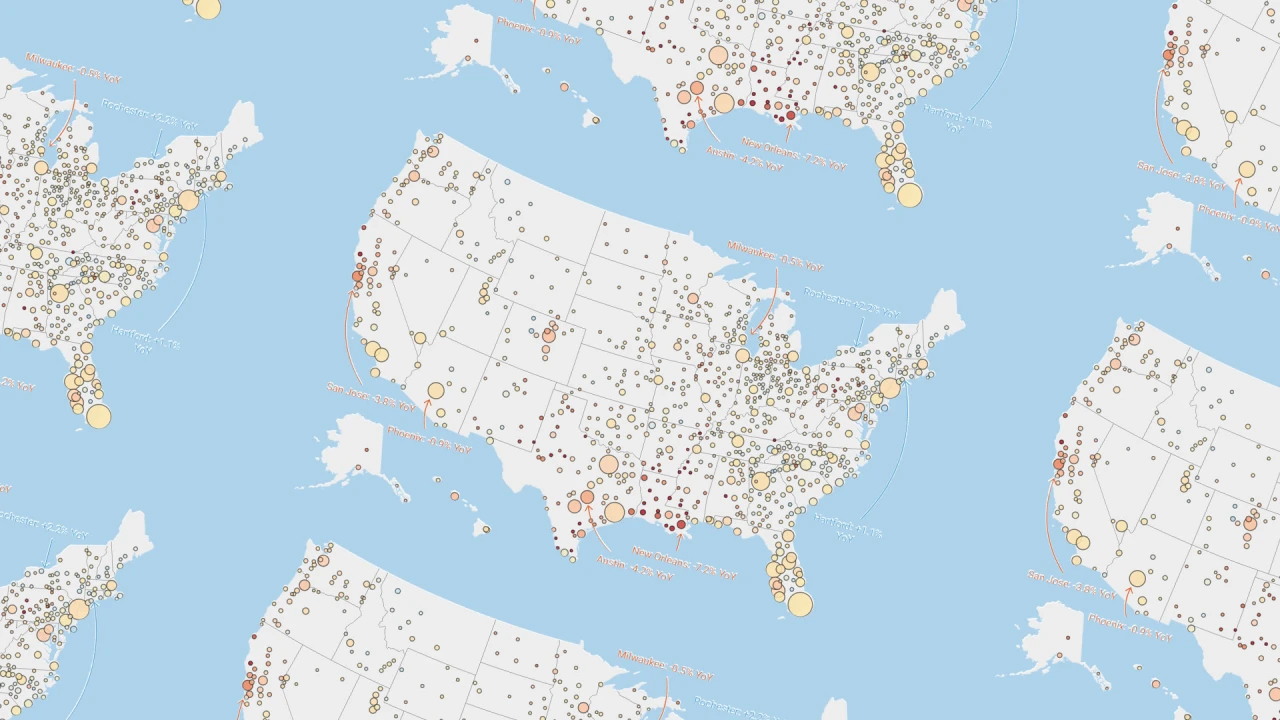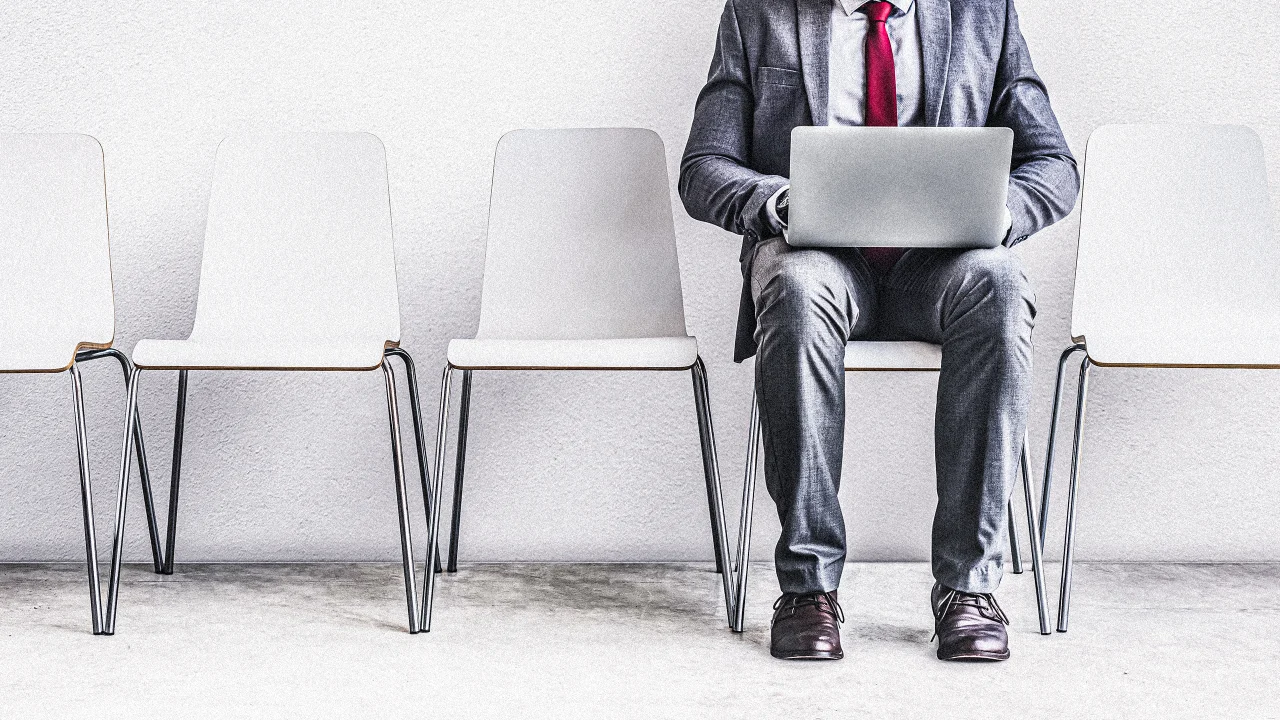Understanding Container Liners to Efficient Packaging Solutions
In bulk shipping and storage, the role of container liners is to protect products and be economical during transportation. Of the numerous types of liners, FIBCs are of great importance as they can be highly durable, adaptable, and easy to use. These liners are a safe and economical way of shipping and storing a variety of materials ranging from cereals and chemicals to industrial powders and aggregates. In this article, we will outline the technical details of container liners, specifically Flexible intermediate bulk container bags, their classification, advantages, usage, and how they assist in current-day logistics.
What Are Container Liners?
They are typically constructed from high-strength, elastic materials such as polyethylene, polypropylene, or other synthetic fabrics, and constructed so that they can withstand shipping stresses such as moisture, pressure, and temperature. A container liner exists to avoid the contents of a container spilling, leaking, or becoming contaminated during shipment.
The most prevalent form of container liner is the flexible intermediate bulk container bag, or FIBC. They are utilized in order to fill shipping containers or transport vehicles, making as much use of space as possible while creating a safe and effective packaging system.
What Are Flexible Intermediate Bulk Container Bags (FIBCs)?
FIBCs, also referred to as flexible intermediate bulk container bags, are big and flexible containers for safe and effective handling and transportation of bulk commodities. FIBCs can be applied in most industries, including agriculture, chemicals, food processing, pharmaceuticals, and mining, among many others. FIBCs are otherwise referred to by other names, including bulk bags, jumbo bags, or big bags.
FIBCs are generally constructed of woven polypropylene, which is strong and elastic. FIBC bags can carry enormous amounts of material between 250 kg and more than 2,000 kg, depending on the particular need of the cargo. They are also provided with different facilities like lifting loops, dust closures, and anti-static capability, which allow them to be utilized for different cargoes.
These flexible middle bulks container bag liners are made to optimize space and minimize the use of several small containers. FIBCs save transportation costs by sending bulk products in one large container, minimize handling time, and streamline logistics.
Advantages of Using FIBCs (Flexible Intermediate Bulk Containers)
FIBCs are superior in numerous ways because of which it is the optimum choice for bulk packaging.
Cost-Effective Packaging Solution
FIBCs are highly cost-effective compared to the conventional packaging material such as drums, boxes, or wooden pallets. FIBCs can carry vast quantities of material, thus resulting in a cost savings on packaging and minimizing the storage space for holding it. In addition, they are reusable, thus they are even more cost-effective in the long run.
Space Efficiency
The bags are designed to be packed tightly into transport trucks or containers, using up available space and reducing the number of transport trips. This conserves huge sums of money in fuel, labor, and transport.
Durability and Strength
They are puncture-resistant, abrasion-resistant, and tear-resistant, and as such, they are a safe way of shipping sharp or heavy goods. Fibc flexible intermediate bulk container are also weather-resistant, such as in regards to sunlight exposure and exposure to moisture.
Ease of Handling
The capacity to lift and transport bulk amounts of material in one bag makes it easier to handle logistics, saves labor, and reduces injury-related handling risk for smaller containers.
Customizable Design
FIBCs may be designed to fulfill specific applications, such as size, strength, and closing type. They can be printed with commercial logos, product information, or safety information, which can offer brand solutions as well as render the bag regulatory and safety compliant.
Environmental Friendliness
As FIBCs are reusable and of recyclable nature, they represent an environmentally friendly packaging option. They minimize the use of disposable packaging materials, which are wastes and cause pollution. When disposed of, FIBCs can be recycled, further minimizing their environmental impact.
Applications of FIBCs (Flexible Intermediate Bulk Containers)
FIBCs are widely employed by different industries for bulk commodity storage and transportation. Some of the most universal uses are:
Agriculture:
FIBCs have extensive usage in agriculture for packaging and transportation of seeds, grains, fertilizers, and other agri-bulk commodities. Since FIBCs are porous in nature, they avoid clogging of moisture and let products stay free from any type of impurity and stay fresh.
Chemical Industry:
Anti-static FIBCs are typically utilized for moving combustible material to avoid the possibility of static discharge.
Food Industry:
Food-grade FIBCs are designed in such a way that they comply with safety and hygiene requirements to transport the foods in a secure and contamination-free way.
Pharmaceutical Industry:
Pharmaceuticals utilize Flexible intermediate bulk container fibc and store bulk products like active pharmaceutical ingredients (APIs), excipients, and finished products. The bags are manufactured to high regulatory requirements to allow the materials to maintain their integrity in transit.
Mining and Construction:
Flexible intermediate bulk container fibc are ideal for handling heavy or abrasive material during processing.
Conclusion
Flexible intermediate bulk container bags (FIBCs) or container liners are an effective and efficient solution for packaging in many industries. From cultivation and pesticides through drugs and food products, FIBCs are space savers, durability champions, cost savers, and handling masters. With specially designed components that can be fine-tuned to individual requirements, the bags are an invaluable jewel to contemporary logistics and bulk transport. By selecting the appropriate FIBC for your application, you can be sure of secure, safe, and reliable bulk material transportation and also help build sustainability through recycling and reuse.
Frequently Asked Questions (FAQs)
What is the difference between FIBC and other bulk packaging options?
FIBCs are less expensive and more flexible compared to other bulk packaging materials such as drums, barrels, or boxes. FIBCs are lightweight, reusable, and provide more space utilization, strength, and durability.
Can FIBCs be customized to fit specific product requirements?
Yes, FIBCs can be customized by printing, closure, strength, and size. FIBCs can be made to the customer's exact specifications, for instance, food safety, anti-static properties, or enhanced strength.
Are FIBCs reusable?
Yes, FIBCs are reusable. They can be produced from strong materials like polypropylene, which can be reused again and again without compromising the strength or integrity of the bag. Reused FIBCs can be washed, inspected, and reused or recycled, therefore they are eco-friendly.
































































![https //g.co/recover for help [1-866-719-1006]](https://newsquo.com/uploads/images/202506/image_430x256_684949454da3e.jpg)


























![How Smart PMs Scale Their Careers in Any Org [TPG Live Recap]](https://tpgblog.com/wp-content/uploads/2025/06/2025-06-12-thumbnail-action.png?#)



















































